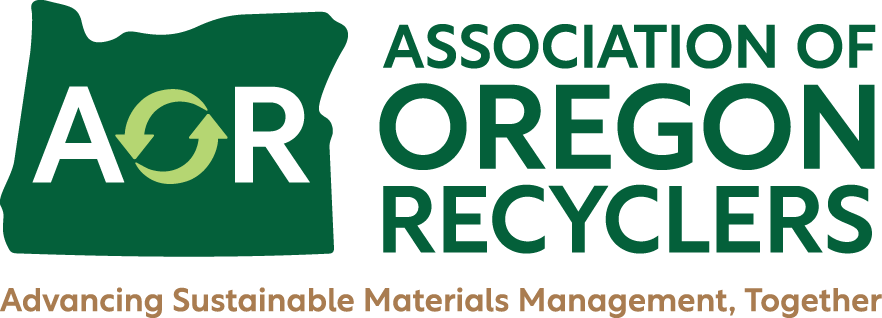Recycling
Agilyx Announces Opening of Tigard Polystyrene-to-Styrene Oil Plant
 AOR-member Agilyx will host a ribbon-cutting ceremony to celebrate the opening of their Tigard, Oregon polystyrene-to-styrene oil plant on April 19, 2018 at 10am. The ribbon-cutting will launch a week of celebrations, including plant tours by invitation from April 24-26, 2018. The plant is the first commercial-scale closed-loop chemical recycling process for polystyrene in the world.
AOR-member Agilyx will host a ribbon-cutting ceremony to celebrate the opening of their Tigard, Oregon polystyrene-to-styrene oil plant on April 19, 2018 at 10am. The ribbon-cutting will launch a week of celebrations, including plant tours by invitation from April 24-26, 2018. The plant is the first commercial-scale closed-loop chemical recycling process for polystyrene in the world.
News from Around the Web: 2/6 - 2/26
Industry Experts Weigh In on the Proposed Infrastructure Plan - from Waste 360
Plastics Association Sees Success With Recycling Program - from Associations Now
News from Around the Web (Southern Oregon Edition): 2/15 - 2/24
China's National Sword policy is particularly affecting Southern Oregon recycling programs. Here's a round-up of news articles on this issue:
Curbside Recycling Pickup Under Threat in Oregon Communities (A review of what's happening with recycling programs in Southern Oregon.) - from WRAL.com
China's Policy Change Poses Challenges for Recycling Oregon Plastics
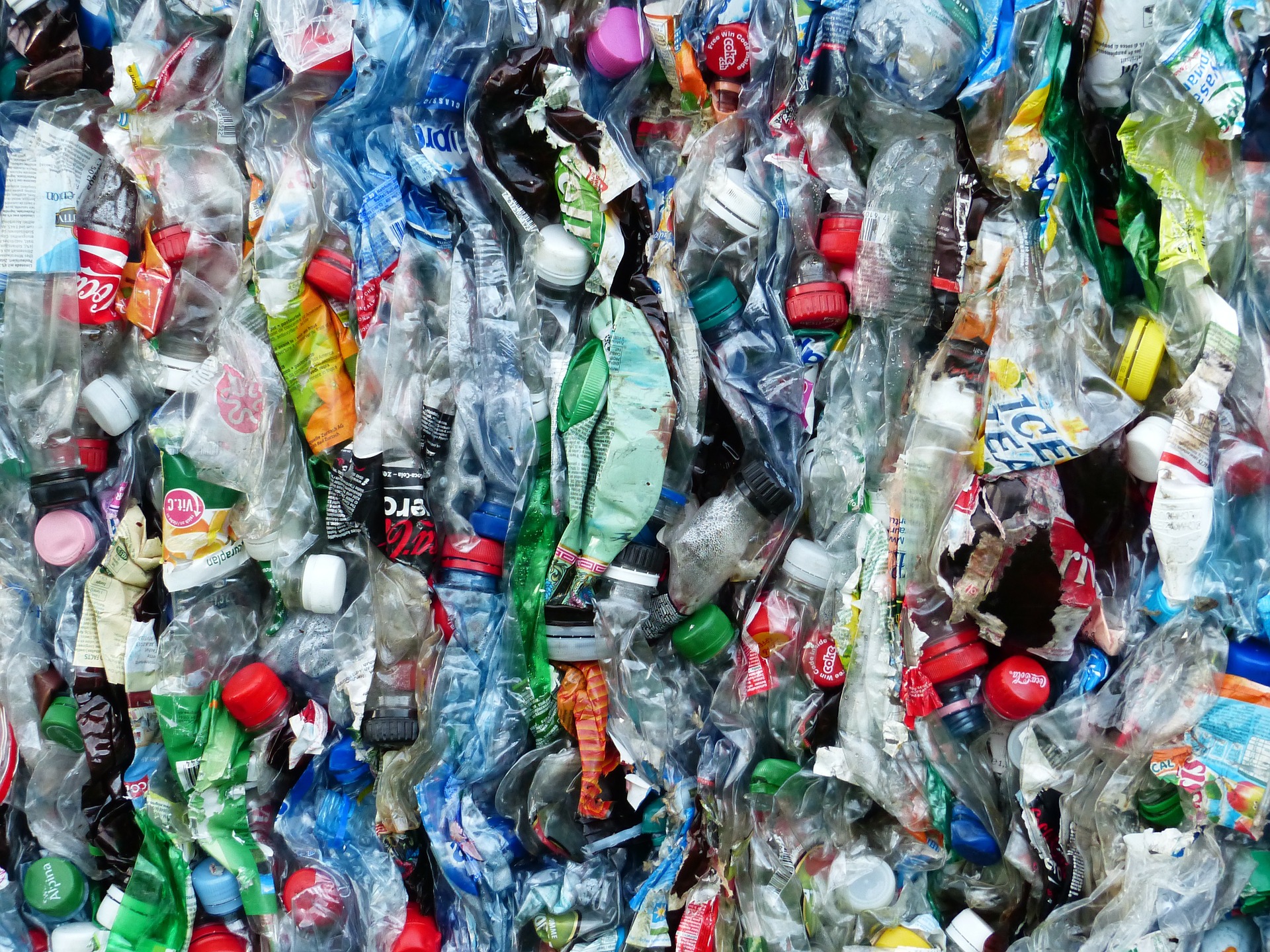 China's recent decision to no longer accept post-consumer plastics has left local recyclers facing a serious challenge.
China's recent decision to no longer accept post-consumer plastics has left local recyclers facing a serious challenge.
Oregon currently doesn't have a facility designed to separate plastics from the other materials collected.
Denton Plastics in Northeast Portland accepts plastics, but the material comes in separated from commercial and industrial sources, like grocery chains and nurseries.
Cleaner Recycling in Coos Bay Opens New Markets
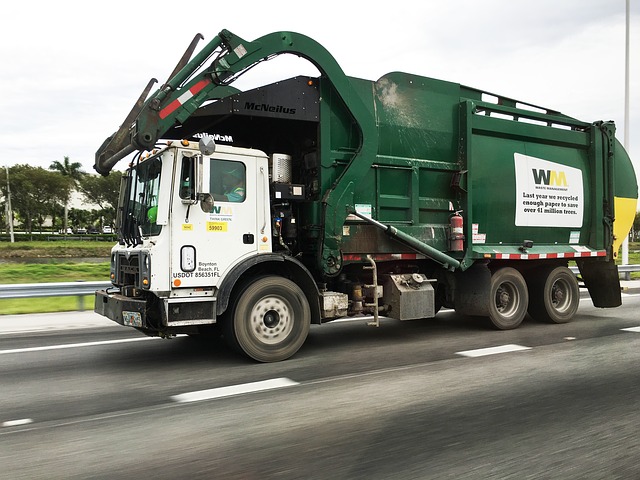 In response to China's recent policies restricting the amount of contamination in recyclables it accepts, Coos County has reduced its contamination in its recycling by 85 percent in just two months.
In response to China's recent policies restricting the amount of contamination in recyclables it accepts, Coos County has reduced its contamination in its recycling by 85 percent in just two months.
Fix the Broken System (Opinion)
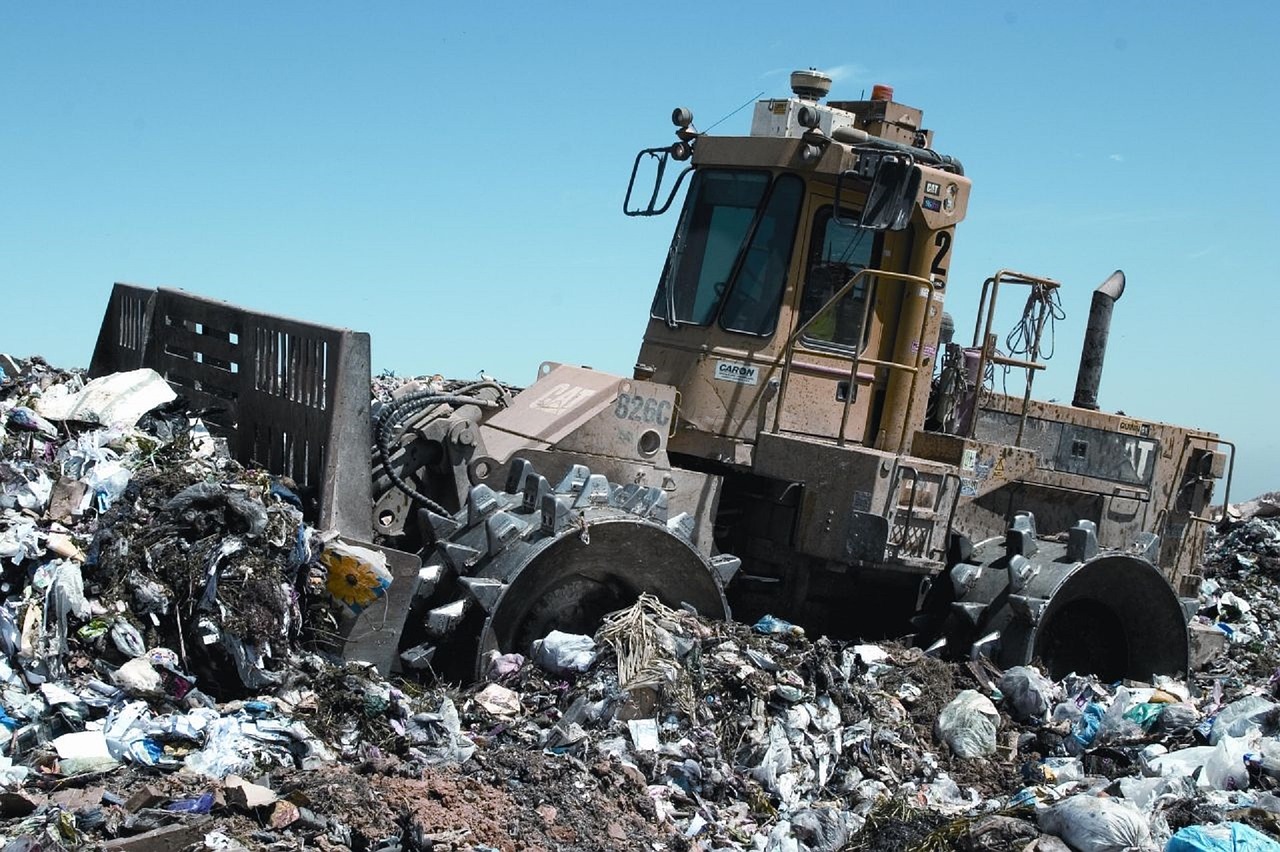 Nina Bellucci Butler, CEO of MORE Recycling, offers insights into why the market for recycled materials is broken, and tangible steps we can take now to fix it.
Nina Bellucci Butler, CEO of MORE Recycling, offers insights into why the market for recycled materials is broken, and tangible steps we can take now to fix it.
Read more at Plastics Recycling Update
California Lawmaker Introduces Legislation Requiring Tethered Bottle Caps
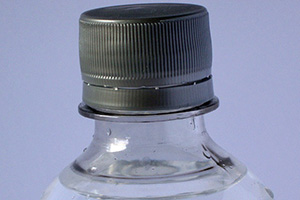 Waste Today reports:
Waste Today reports:
Assemblymember Mark Stone, a democrat representing the 29th California Assembly District, has reintroduced legislation to require plastic bottle caps to be tethered to their beverage containers. By banning bottles that don’t have attached caps, California will reduce one of the most prevalent sources of plastic litter in the state, he says.
Milton-Freewater Dumps Curbside Recycling
 As vendors across Oregon curb their recycling services, Milton-Freewater residents will no longer be able to recycle materials at their curbs.
As vendors across Oregon curb their recycling services, Milton-Freewater residents will no longer be able to recycle materials at their curbs.
City Manager Linda Hall said the city needed to make the transition when Milton-Freewater’s recycling contractor — Horizon Project Inc. — told city officials that the organization could no longer afford to provide recycling services.
SWANA Establishes New Recycling Task Force
 The Solid Waste Association of North America (SWANA) has established a new Recycling Task Force, created to provide guidance to members, industry stakeholders, state/provincial and local governments, and elected officials, concerning the challenges facing recycling programs in the United States and Canada.
The Solid Waste Association of North America (SWANA) has established a new Recycling Task Force, created to provide guidance to members, industry stakeholders, state/provincial and local governments, and elected officials, concerning the challenges facing recycling programs in the United States and Canada.
Recycling Programs Show ‘Untapped Potential’ to Grow Human Services Nonprofits
 Susan Palmer, the nonprofit’s economic development director, says the waste management operation at St. Vincent of Lane County has three main goals: divert materials from the waste stream, create jobs for the local community, and generate revenue for the nonprofit. It’s working.
Susan Palmer, the nonprofit’s economic development director, says the waste management operation at St. Vincent of Lane County has three main goals: divert materials from the waste stream, create jobs for the local community, and generate revenue for the nonprofit. It’s working.
